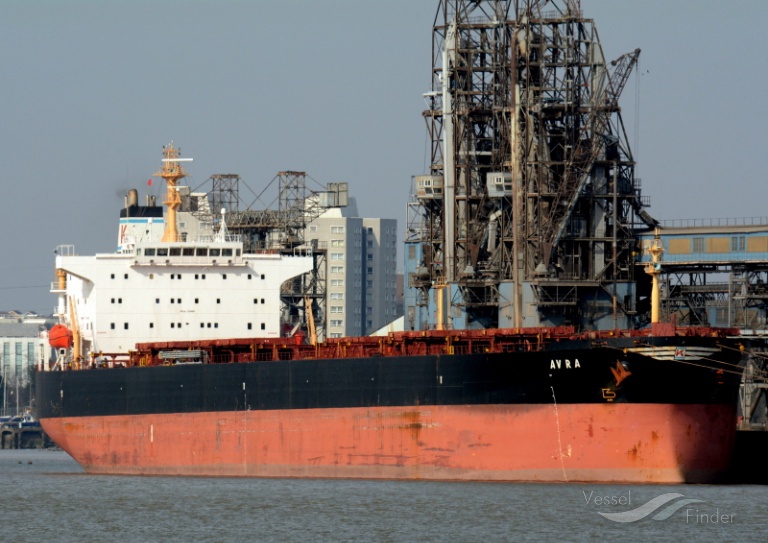Danish business organisation Dansk Industri (DI) claims the lack of expertise at Danish businesses involved in online commerce is costing them billions of kroner.
According to DI, online exports in Denmark are only 1.6 percent of the country’s total exports every year. DI trade director Annette Falberg said the lack of investment in e-commerce could be costly to Danish companies because cross-border online shopping is growing at 10-20 percent a year.
“We risk missing out on billions,” she told finans.dk.
UK technology group to acquire Danish software firm
UK IT solutions supplier K3 is expanding its European footprint after agreeing to buy the Danish retail software business DdD.
Established in 1989 and headquartered in Denmark, DdD also operates in Germany, Sweden and Norway and has approximately 750 customers across 1,800 stores.
DdD’s customers include Esprit, the sportswear chain, and Saint Tropez, the women’s fashion brand.
Lars-Olof Norell, the chairman of K3, called the acquisition of DdD “an important step in our strategy to increase sales of products with a significant element of K3-owned IP”.
Maersk rival suffers historic stock fall
The South Korean shipping company Hanjin Shipping, a main competitor of Maersk, saw its shares fall by 30 percent following the opening of the South Korean Stock Exchange on Monday. It was the company’s largest drop since it floated in 2009.
The price fall follows Hanjin Shipping’s announcement on Friday that it would be asking creditors for an agreement to restructure its debt.
Hanjin Shipping has been struggling for several years. At the end of lat year, the company was 5.6 billion kroner in debt.
The world’s largest free trade agreement could be on the way
A trade agreement between the US and the EU would, if it goes ahead, be the world’s largest free trade agreement. The Trans Atlantic Trade and Investment Partnership (TTIP) has been in negotiations since June 2013. The 13th round of talks begin next week.
The European Commission and other supporters say that free trade over the Atlantic would create greater exports, cheaper goods, more jobs and be worth billions to both Europe and the US. Critics say that too many of the negotiations have been held in secret and that the agreement will undermine the EU’s standards.












